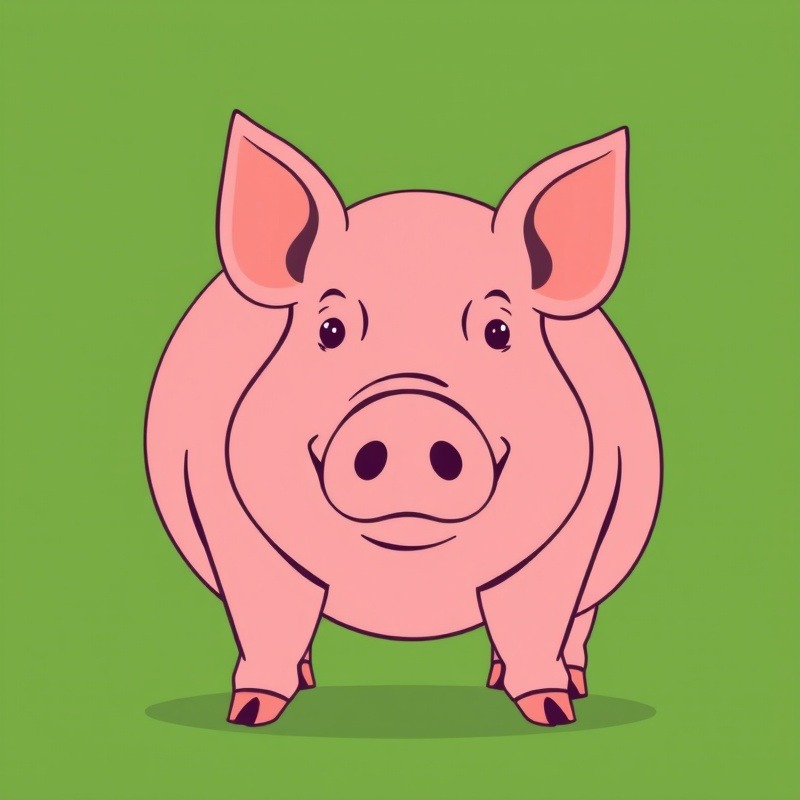
The Evolution and Transformation of 'Piggish'
The term 'piggish' conjures images of greed and unpleasantness, depicted vividly through scenarios like the selfish child at a party seizing all the candy. However, the adjective, which today unequivocally denotes greediness, hasn't always carried this single-dimensional stigma. Historically, 'piggish' reflected more on the unflattering behaviors traditionally attributed to pigs—such as being 'unclean or coarse.' This was a far cry from the all-consuming gluttons the modern context implies. Such earlier definitions, although pejorative, also implied a certain pragmatism, recognizing pigs' tendency to wallow in mud for practical sun protection rather than sheer indulgence. Understanding this evolution of meaning enhances our appreciation for language's adaptive nature and its reflection on societal values.
Relevance to Everyday Vocabulary
In our day-to-day interactions, labeling someone as 'piggish' might serve as a poignant descriptor of gluttonous behavior unfitting social decorum. This effortlessly conveys a disapproving tone, cautioning against excessiveness of any kind. Words like 'hoggish,' 'porcine,' and 'swinish' echo similar sentiments. Yet, the strength of such language lies in its capacity to critique openly without veering into harmful territory. By understanding and using terms like 'piggish,' individuals can enrich their vocabulary, articulating critiques with precision and cultural awareness.
A Word's Journey: From Farm to Figurative Frontlines
Observing 'piggish' through the lenses of both its historical roots and current usage provides an engaging narrative of a word well-traversed. Originally tethered to imagery of swine, its transition parallels societal shifts towards valuing moderation over excess. This serves as a useful reminder of communication's role in shaping daily discourse, whereby even traditional agricultural references can metamorphosize into metaphors relevant to modern life. Such understanding furnishes individuals with the tools to navigate linguistic landscapes thoughtfully and purposefully.
 Add Row
Add Row  Add
Add 




Write A Comment